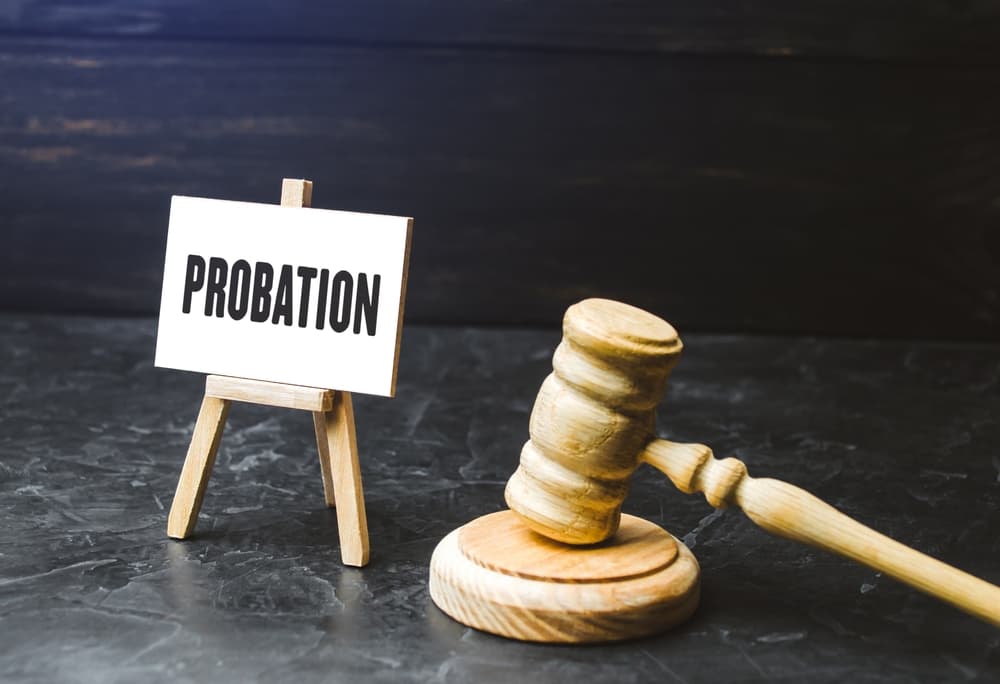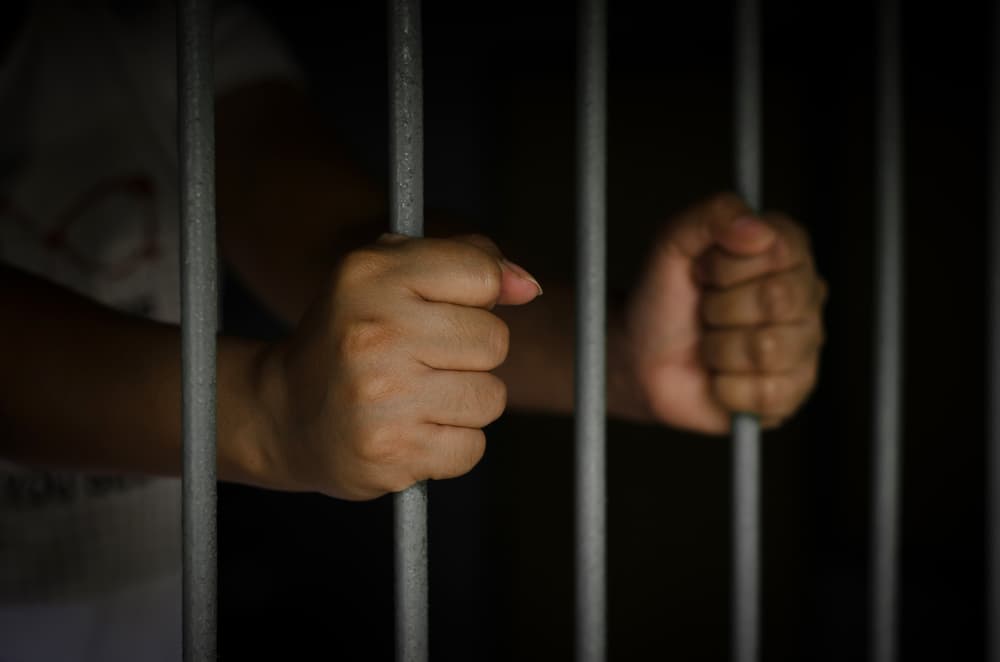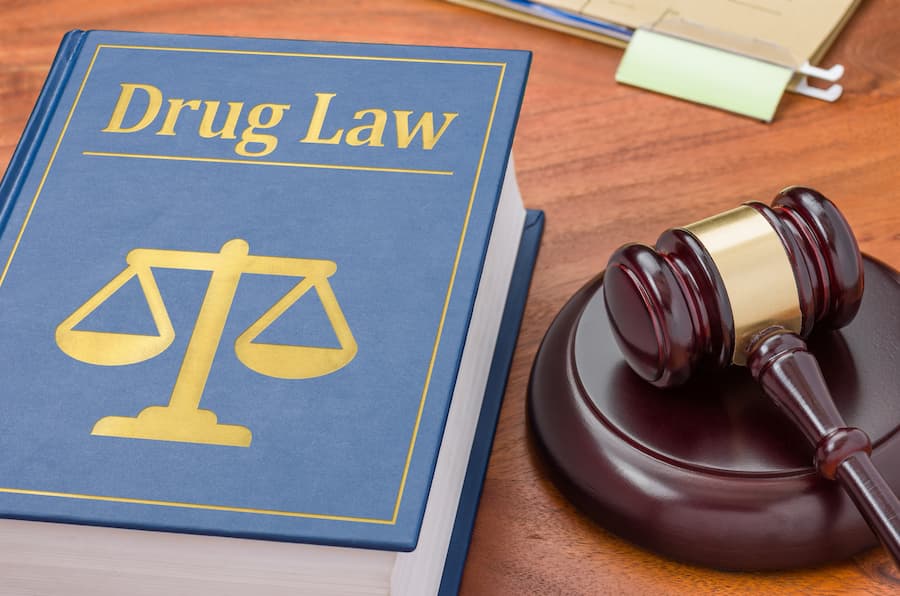Probation is often offered instead of jail time, allowing individuals convicted of drug-related crimes to stay in the community, provided they follow certain conditions. Noncompliance with these conditions can result in serious consequences, including revocation of probation and imprisonment. This article will cover probation violations in drug crime cases and focus on the legal framework.
Speak to a Criminal Defense Lawyer If You’ve Violated the Conditions of Your Probation
Whether you had a legitimate reason or failed to meet a condition of your probation, you need to speak to a Newport criminal defense lawyer about your situation immediately. Your lawyer can mitigate the circumstances of the violation and ensure you comply with the terms of your probation in the future. By seeking legal guidance and help, you are more likely to stay on track.
Schedule Your Free Consultation
What is Probation?

Probation is a form of community supervision that allows a convicted person to avoid or reduce jail time. In drug crime cases, probation is often offered to encourage rehabilitation and reduce recidivism. It enables individuals to keep their jobs, support their families, and access treatment resources while being held accountable for their actions.
Probation, like a diversion program, permits many people to avoid jail time. While probation is a sentencing arrangement with specific terms and conditions, a diversion program offers alternatives to formal prosecution and a criminal record, such as rehabilitation or substance abuse classes.
Probation Conditions in Drug Crime Cases
Probation conditions ensure public safety, promote rehabilitation, and check legal compliance. Some of the most common conditions in drug crime cases are listed below:
- Random drug testing: To ensure drug-free status, probationers may be required to take random drug tests.
- Substance abuse treatment: Taking part in a drug treatment program, counseling, or support groups may be mandatory.
- Meeting with a probation officer: Regular check-ins are typically required to ensure compliance
- Maintaining employment: Probationers may be required to keep their jobs or week work.
- Curfew and travel restrictions: Restrictions on movement, including curfews and travel limitations, may be imposed.
- No criminal activity: Probationers can’t commit further crimes.
- Payment of fines and court costs: Probationers may be required to pay fines, court costs, and restitution.
- No contact orders: Restraining or contact orders may be included as probation conditions.
Noncompliance with any of these conditions can result in a probation violation.
Categories of Probation Violations
Probation violations can be technical or substantive.
Technical Violations
Technical violations involve noncompliance with the rules and regulations of probation but not the commission of a new crime. Examples of technical violations include:
- Failing a drug test.
- Missing a meeting with a probation officer
- Violating curfew
- Failing to stay employed
- Traveling outside certain geographic boundaries
Technical violations may seem minor but can still result in serious consequences, including revoking the probation.
Substantive Violations
A substantive violation happens when you commit a new crime while on probation. Examples of substantive breaches are:
Substantive violations are more serious than technical violations and often result in more serious penalties. The burden is on the State to prove to the court’s satisfaction that the defendant willfully violated a condition of probation.
Penalties for Probation Violations

Potential consequences for violating probation may include:
- Increased probation terms: The court may extend the length of probation or add additional conditions.
- Intensive supervision: Probationers may be supervised more closely, with frequent check-ins and drug testing.
- Community service: The court may order the probationer to perform community service.
- Jail time: The court may order the probationer to serve a period of incarceration in jail.
- Revoking the probation: In the most severe cases, the court may revoke probation and order the probationer to serve the original sentence in prison.
Probation Violation Hearings
If a probation officer believes a probationer has violated the terms of their probation, they’re allowed to submit a violation report to the court. This step usually leads to a probation violation hearing.
At the hearing, the prosecutor will present evidence of the alleged violation, and the probationer will have the opportunity to present a defense. The judge will then decide if a breach occurred and, if so, what penalty to impose.
The Rights of the Probationer
Probationers have certain rights at a probation violation hearing, including the right to:
- Receive notice of the violation
- Be represented by a criminal defense attorney
- Present evidence and witnesses
- Confront and cross-examine witnesses
Benefits of Working with a Drug Crimes Criminal Defense Lawyer

Understanding the details of probation violations can be difficult, especially for individuals who are already dealing with the stress of a drug crime case. Getting help from a skilled drug crime criminal defense lawyer can provide numerous benefits, such as:
- Your rights: A lawyer will review your rights with you and protect them.
- Defense: A lawyer will investigate the alleged violation, gather evidence, and build a more solid defense.
- Negotiations: A lawyer will negotiate with the prosecution for a favorable outcome.
- Court representation: A lawyer will serve as your legal representative in court.
- Guidance: A lawyer will direct you through the process so you can confidently move forward. By getting legal advice, you’ll feel more confident about your case.
Many people believe they do not need a defense attorney for a probation violation, as it is not the original charge. This is not the case. Always protect your rights and future by hiring a criminal defense professional from the start.
Speak to a Drug Crimes Criminal Defense Lawyer ASAP
Dealing with a probation violation in a drug crime case can be a stressful and complicated process. Understanding your rights and seeking legal assistance to protect your interests is therefore vital.
If you need legal help for a probation violation, contact a drug crimes criminal defense lawyer now. You need to know your rights; a criminal defense attorney can protect you and advise you on proceeding with a defense. By retaining legal help now, you’ll achieve better results in the long run. Speak to a lawyer to learn where you stand.